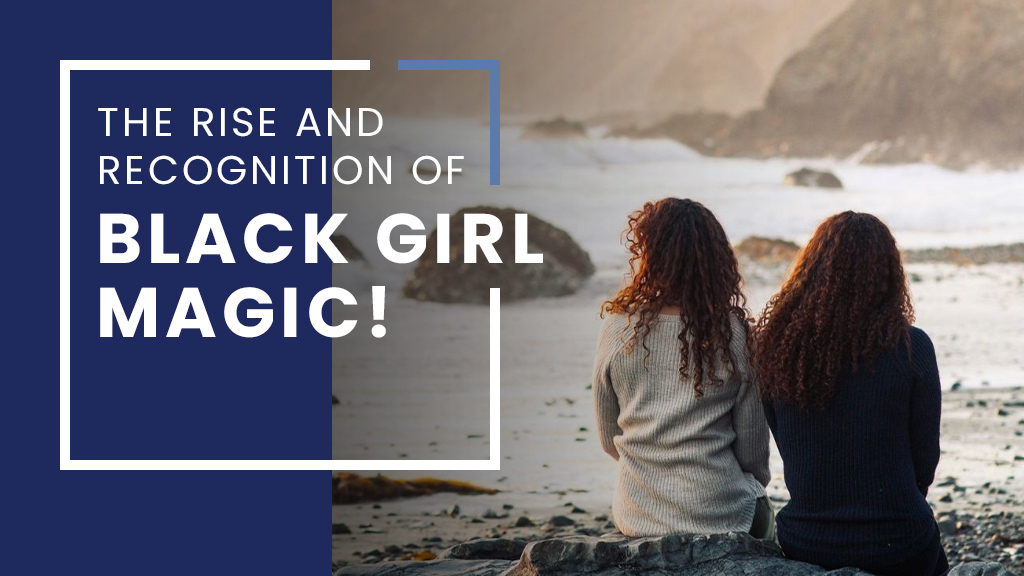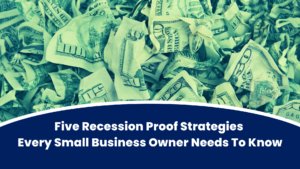As a serial tech entrepreneur, who for the past 20 years has founded, funded and grown six start-ups and raised over $30 million, who happens to be an African American women, my email and phone blew up with friends and associates asking my opinion on the recent Forbes article recognizing the 500% increase for the funding of black-women-founded start-ups. I must admit, this announcement brought three emotions to my heart: gratitude, disappointment and excitement.
You see in 1998, I raised a $2M series A round of venture financing for my first start-up SeminarSource, after growing my business to be profitable with revenue north of seven figures. There may have been three of us at best on this “hidden figures” list of exceptions back then. Thanks to #CherylMayberryMcKissack and #JuanitiaLott, who would have been on this list with me.
Fast forward 20 years, and I take an overall view of entrepreneurial progress, “this list” has grown from three to thirty-four. At the same time, Amazon grew from books to world domination, Google grew from two guys at Stanford to world domination, Apple iPhone launched and grew to 1 billion users, Salesforce, which was giving away it’s new SAAS CRM for free back then now has grown to world domination. And Facebook, Netflix and UBER didn’t exist in 1998.
My first reaction is “it’s about damn time” these companies have received this recognition. Let’s all do a high five and chest bump for Black Girl Magic!
Yes, it’s a phenomenal feat for these women who persevered, raised over $1 million, and won the battle of “benefit of the doubt” — a key investment criteria along with team, market, and model.
My second reaction is one of disappointment because the true momentum for us as a group of founders during this period is much slower than a snail’s pace. This list of 34 women represents the tip of the proverbial iceberg of the number of great investment opportunities that exist within this amazing group of founders. For everyone listed there are at least 1,000 other black women founders working hard on building their business while at the same time raising funds for their great company. According to the recent State of Women Report, published by annually by American Express, Educated, experienced black women are starting businesses at five times the rate of white men because it gives them an opportunity to use their talents to solve major, unaddressed problems in their communities. This could and should be a much bigger list, so let’s look at some of the roadblocks that prevent the progress of the larger group.
Major funding sources often discount these businesses because their founders do not have a tech background or lack the experience of working for successful tech start-ups. Funders are not willing to give these businesses the benefit of the doubt and claim their business strategies are too small or the business models are more transactional than sustainable and recurring. These proposed businesses lack the size and scalability to provide the necessary return on investment to attract growth capital. This group of founders is not plugged into an experienced network of mentors and investors, which is an even bigger challenge if they are located outside of major start-up funded markets like Silicon Valley or New York.
Despite the challenges of just getting to a list of 34, I am truly excited about the road ahead because there are now drivers in place that I hope will exponentially increase the future funding for this group. These include ecosystems that welcome these founders, access to new capital, authentic mentors, business scale know-how, talent, inspiration and distribution relationships.
In the last few years, new funds and accelerators have come online around the country to help this fast-growing group of achievers. I, for one, founded FUUUSE Community, which stands for “fueling underserved, underestimated and unstoppable small business expansion,” along with our signature program Founders Growth Bootcamp with the mission of funding and growing 1000 underserved and underrepresented founders over the next 10 years. We target businesses led by military veterans, women, and other ethnic minorities, and those located in low-to-moderate income areas. We are not alone. Even majority-focused programs like Y Combinator, TechStars, and 500 Startups have experimented with targeting a handful of diverse founders to their start-up cohorts.
This progress is also a result of a growing number of successful “social impact” driven founders and investors that have a desire to “do well and do good” by funding growth in great deals led by diverse founders in this underserved market. I want to clarify that they are NOT doing this as charity. They demand a competitive return on their investment dollars.
Finally, I’m looking forward to breaking out the champagne to celebrate when this number of funded founders more representative of the true opportunity for great deals among this group. My hope is that this list becomes unnecessary to highlight funding black women as “hidden figure exceptions.” Rather, let’s see the practice of funding billions of dollars in businesses led by black women founders as normal, common, and expected as is access to Wi–fi at Starbucks!
I welcome other investors and founders that are moved by this announcement to share your perspective.




